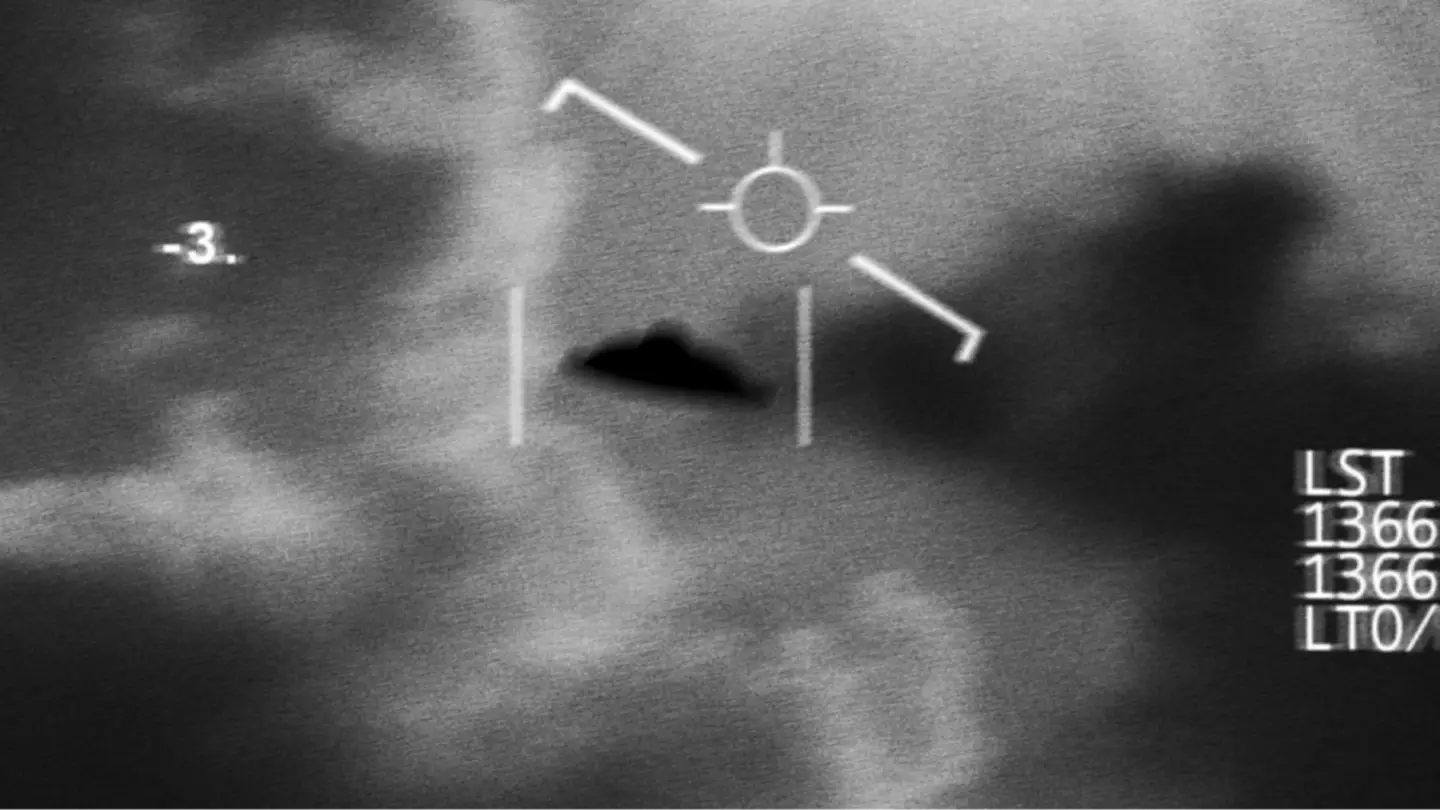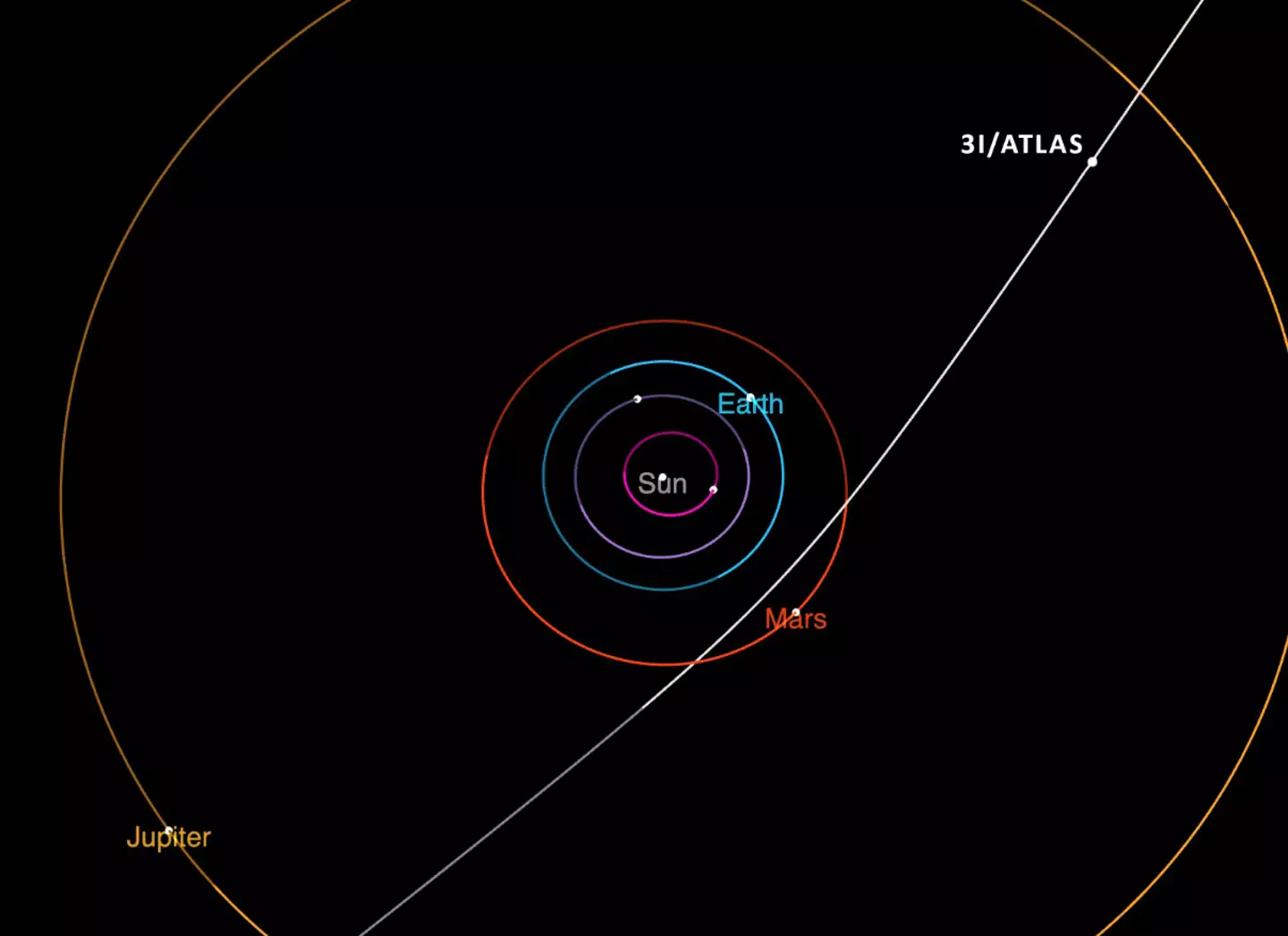
A new study has pointed at one object in space that could pose a very serious threat to planet Earth and humanity as a whole.
Space is vast and full of all manner of weird celestial objects, but one new discovery has a group of scientists concerned.
The object, known as Comet 3I/ATLAS, was described as ‘possibly hostile’ and it could wreak havoc on planet earth.
The researchers of the papers commented: "The consequences, should the hypothesis turn out to be correct, could potentially be dire for humanity.”
Advert
Given the moniker 3I/ATLAS, the scientists say the strange 'interstellar interloper' was spotted on July 1, veering towards the sun at more than 130,000 mph, as per Live Science.
Yet, less than 24 hours later, other observations suggested the object could be a comet measuring a whopping 15 miles in diameter, larger than borough of Manhattan in New York City.

NASA has also been tracking the space object and argued that it doesn’t pose a threat to the planet as they highlighted what they know about it.
Writing in a blog post about it, the space agency said: “Comet 3I/ATLAS is the third known object from outside our solar system to be discovered. Astronomers have categorized this object as interstellar because of the hyperbolic shape of its orbital path. (It does not follow a closed orbital path about the Sun.) When the orbit of 3I/ATLAS is traced into the past, the comet clearly originates from outside our solar system.
“Comet 3I/ATLAS poses no threat to Earth and will remain far away. The closest it will approach our planet is about 1.8 astronomical units (about 170 million miles, or 270 million kilometers).”
Despite this, the researchers behind the study believe, the celestial object could arrive near Earth in late November or early December of this year.
Avi Loeb, a prominent Harvard astrophysicist, spoke about the object suggesting it could be alien in nature.

Writing in a Medium post he said: “3I/ATLAS achieves perihelion on the opposite side of the Sun relative to Earth. This could be intentional to avoid detailed observations from Earth-based telescopes when the object is brightest or when gadgets are sent to Earth from that hidden vantage point.
"It is therefore impractical for earthlings to land on 3I/ATLAS at closest approach by boarding chemical rockets, since our best rockets reach at most a third of that speed."
Despite the conclusions being made from the study have been dismissed by some, Loeb also defended the research.
He added: “One of the main reasons I co-authored this second paper is to encourage observers to collect as much data as possible in order to prove this hypothesis wrong.”
Topics: Aliens, News, World News, Science, Space